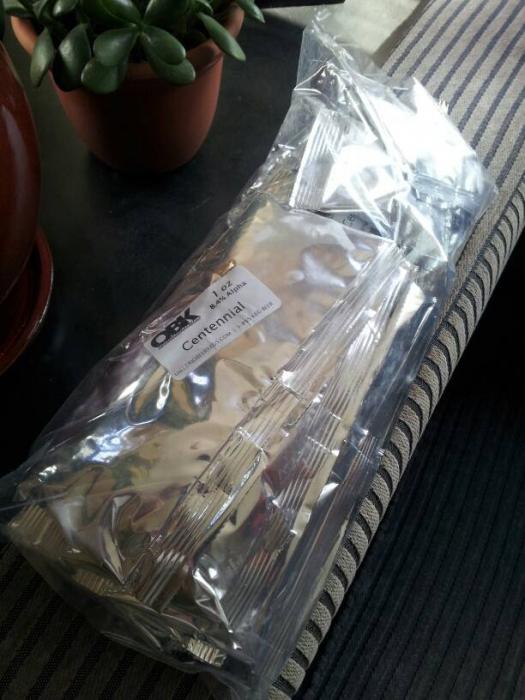Puddlethumper
Well-Known Member
Now something hop packagers could do (but this might require more prep time) is to seal a pound of hops into 16 1-oz sections along the vacuum bag - something that looks like a roll of tools. Even just four quarters with 4-oz each.
Then you can purchase a pound of hops at one time but don't have to worry about containing the excess.
That is a splendid idea IMO. You ought to send a letter suggesting it to some of the big hops sellers. It would require some re-tooling for them (maybe not worth the expense) but it sure would be nice for us!



